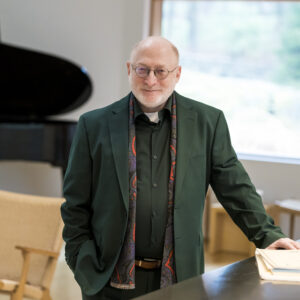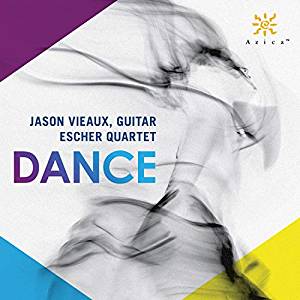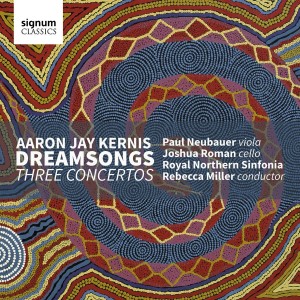Bio
Pulitzer Prize and Grammy Award-winning composer AARON JAY KERNIS draws artistic inspiration from a vast and often surprising palette of sources, among them the limitless color spectrum and immense emotional tangle of the orchestra, cantorial music in its beauty and dark intensity, the roiling drama of world events, and the energy and drive of jazz and popular music. All are woven into the tapestry of a musical language of rich lyric splendor, vivid poetic imagery, and fierce instrumental brilliance, and he has been praised for his “fearless originality [and] powerful voice” (The New York Times).
Among the most esteemed musical figures of his generation, he is dedicated to creating music which can be meaningful to other people’s lives, and extend communication among us to make an emotional connection with listeners – while frequently challenging audiences and performers alike. That connection has brought his music to major musical stages world-wide, performed and commissioned by many of America‘s foremost artists, including sopranos Renee Fleming and Dawn Upshaw, violinists Joshua Bell, Pamela Frank, Nadja Salerno-Sonnenberg and a Grammy-winning concerto for James Ehnes, pianist Christopher O’Riley, violist Paul Neubauer, cellists Matt Haimovitz and Joshua Roman, violist Paul Neubauer, flutist Marina Piccinini and guitarist Sharon Isbin.
His music has been commissioned and performed by groups and institutions including the New York and London Philharmonics, San Francisco, Nashville, BBC, St Louis, London, Dallas, Toronto, Singapore, and Melbourne (AU) Symphonies, Minnesota, Royal Scottish National, Royal Liverpool, and Philadelphia Orchestras (for the inauguration of its new home at the Kimmel Center), the Walt Disney Company, Rose Center for Earth and Space at New York’s American Museum of Natural History, The Knights, Yale’s Schola Cantorum, Ravinia Festival, Lincoln Center Great Performers Series, American Public Radio, Los Angeles and Saint Paul Chamber Orchestras, Aspen and Grant Park Music Festivals, the Jasper and Borromeo String Quartets, the Chamber Music Society of Lincoln Center; the San Francisco Girls and Brooklyn Youth Choruses with The Knights for the New York Philharmonic Biennial, and Tippet Rise Art Center. Upcoming are a concerto for pianist Jean-Yves Thibaudet, and works for guitarist David Tannenbaum, pianist Anne-Marie McDermott, Sandbox Percussion with soprano Hila Plitmann, and for mezzo and orchestra for Donald Runnicles and the Grand Teton Music Festival. He scored and produced a film, Elegy… for those we lost, with filmmaker Esther Shubinski for victims of Covid-19 and their families. Various orchestral, solo and chamber versions of Elegy have been performed across the world.
One of America’s most honored composers, he won a 2019 Grammy Award for Best Contemporary Classical Composition (which also won best Classical Instrumental Solo) for his violin concerto for James Ehnes with Ludovic Morlot and the Seattle Symphony, Northwestern’s Nemmers Award, and was inducted into the Classical Music Hall of Fame. A member of the American Academy of Arts and Letters, he received the coveted Grawemeyer Award in Music Composition for the cello and orchestra version of Colored Field; and a Pulitzer Prize for his String Quartet No. 2 (“musica instrumentalis”). He has also been awarded the Stoeger Prize from the Chamber Music Society of Lincoln Center, a Guggenheim Fellowship, the Rome Prize, an NEA grant, a Bearns Prize, and a New York Foundation for the Arts Award. He was the Workshop Director of the Nashville Symphony Composer Lab, and for 11 years, served as New Music Adviser to the Minnesota Orchestra, co-founding and directing its Composer Institute for 15 years.
His works have been recorded on Nonesuch, Koch, Naxos, Onyx, Signum, Virgin and Argo, with which he had an exclusive recording contract. Previously issued recordings include a widely acclaimed album with Hugh Wolff conducting the City of Birmingham Symphony Orchestra in his Symphony No. 2, Invisible Mosaic III, and the Grammy nominated Musica Celestis, which won France’s Diapason d’or Palmares for Best Contemporary Music Disc of the Year. Other recordings include a disc of his Pulitzer-Prize winning String Quartet No. 2 (“musica instrumentalis”) and Musica Celestis, both on Arabesque with the Lark Quartet; works for violinists Pamela Frank and Joshua Bell with David Zinman and the Minnesota Orchestra; and his Double Concerto with guitarist Sharon Isbin, violinist Cho-Liang Lin, and Hugh Wolff leading the Saint Paul Chamber Orchestra. Originally released on Virgin/EMI was his cello version of Colored Field and Air, created for the Norwegian virtuoso Truls Mork and the Minnesota Orchestra with Eiji Oue. Several of his important works recorded on Argo have been re-released by Phoenix, including his Second Symphony, Musica Celestis for String Orchestra, Invisible Moasic III, and Symphony in Waves, with Gerard Schwarz and the New York Chamber Symphony. Other critically acclaimed recordings include his Goblin Market, and Invisible Mosaic II, on Signum with The New Professionals, Rebecca Miller conductor, and Mary King narrator; Three Flavors, featuring pianist Andrew Russo, violinist James Ehnes and the Albany Symphony under David Alan Miller’s direction, and a disc of his solo and chamber music, On Distant Shores (Phoenix); vocal music with soprano Talise Travigne and the Albany Symphony; his third string quartet (“River”) as part of The Kernis Project, a complete cycle of his quartets with the Jasper Quartet, and a concerti disc with cellist Joshua Roman and violist Paul Neubauer with conductor Rebecca Miller (Signum); his Grammy winning violin concerto for James Ehnes with Ludovic Morlot and the Seattle Symphony (Onyx), and a disc of his new flute concerto and Air for flute and orchestra with flutist Marina Piccinini and Leonard Slatkin/Marin Alsop and the Peabody Symphony (Naxos).
Kernis first came to national attention in 1983 with the acclaimed premiere of his first orchestral work, Dream of the Morning Sky, by the New York Philharmonic at its Horizons Festival. He was born in Philadelphia and began his musical studies on the violin; at age 12 he began teaching himself piano and, the following year, composition. He attended the San Francisco Conservatory, and Manhattan and Yale Schools of Music. Leta Miller’s book-length portrait of Kernis and his work was published by University of Illinois Press as part of its American Composer series. He has taught composition at Yale School of Music since 2003.
Winner of two 2019 Grammy Awards (including “Best Contemporary Classical Composition” for his violin concerto for James Ehnes), a Pulitzer Prize, Grawemeyer Award for Music Composition, and Nemmers Award, AARON JAY KERNIS is one of America’s most performed and honored composers.
His music appears prominently on concert programs worldwide, and he has been commissioned by America’s preeminent performing organizations and artists, including the New York and Royal Liverpool Philharmonics, San Francisco, Toronto, and Melbourne (AU) Symphonies, Los Angeles and Saint Paul Chamber and Minnesota Orchestras, Walt Disney Company, The Knights, San Francisco Girls and Brooklyn Youth Choruses, Chamber Music Society of Lincoln Center, Renee Fleming, Dawn Upshaw, Joshua Bell, Nadja Salerno-Sonnenberg, and Sharon Isbin to name a few.
His works have been recorded on Nonesuch, Naxos, Phoenix, Onyx, Signum, Virgin Cedille, and Argo, with which Mr. Kernis had an exclusive recording contract, and many other labels. Recent and upcoming are discs including his new flute concerto with flutist Marina Piccinini and Leonard Slatkin/Marin Alsop conducting the Peabody Symphony; his third string quartet (“River”) as part of the Jasper Quartet’s The Kernis Project; the Grammy-winning recording of his violin concerto for James Ehnes with the Seattle Symphony and Ludovic Morlot;; and the Nashville Symphony and Giancarlo Gurrero of recent orchestral music.
He is the Workshop Director of the Nashville Symphony Composer Lab and, for 15 years, served as New Music Adviser to the Minnesota Orchestra, with which he co-founded and directed its Composer Institute for 11 years. Kernis teaches composition at Yale School of Music, and was inducted into the American Academy of Arts and Letters and the Classical Music Hall of Fame. Leta Miller’s book-length portrait of Kernis and his work was published in 2014 by University of Illinois Press as part of its American Composer series.
Press
Quotes About Aaron Jay Kernis
BBC Music Magazine, Concerto Choice: “With a highly charged first movement, Kernis sets his stall with intense drama before a fabulously film noir-ish second movement. Smokey, muted trumpets, a song-like lamentation on the violin and a frisson of kit-percussion makes this a standout turn from both composer and soloist. The final movement is a wilder extension of this jazz-tinged mode, and the thrilling final minute-and-a-half sees Ehnes bowing, picking, and plucking to a frenzied finish.” (Kernis, Violin Concerto, James Ehnes – violin).
“…the new Flute Concerto by Aaron Jay Kernis is dazzlingly orchestrated, and was a virtuoso vehicle for soloist Marina Piccinini, whose intent, glittering musicianship made it even more streamlined.” (Kernis Flute Concerto, UK Premiere, London Philharmonic Orchestra)
“Kernis has composed a big and entertaining work, which has a lot to say. The music is intricately written and [is] highly eclectic. The flute part is a virtuoso challenge and Marina Piccinini was the expert soloist.” (Kernis Flute Concerto, UK Premiere, London Philharmonic Orchestra).
“There’s some entertaining, dazzling, smile-inducing, toe-tapping music here…Aaron Jay Kernis is the preeminent orchestral showman of the age.”
“Both concertos are highly virtuoso, the cello concerto Dreamsongs shifts between fantasy and reality. The second movement, Kora’s song, sees the cello imitate the West African instrument. In the cadenza section, heard towards the end of the concerto, intricate passagework demands rapid alternation between arco and left-hand pizzicato, culminating (according to the composer’s directions in the score) in a Jimi Hendrix-style ‘freakout.’..as is often the case with Kernis, an underlying restlessness lurks beneath the music’s calm exterior and soon enough the music descends into a darker, more dramatic and disturbing sonic landscape. The efficacy of the Viola Concerto is certainly aided by an excellent performance by longtime Kernis exponent Paul Neubauer… Joshua Roman’s outstanding performance of the cello concerto is the disc’s highlight, however.”
“Kernis fills me with optimism, hearing a piece [violin concerto] that sounds so fresh, full of new sounds and ideas. The orchestral sound could be big and dissonant, or softly reflective, mellow but still very new sounding in its invocation of quasi-jazzy sonorities. I must hear it again!”
“[Concerto with Echoes] is a stunningly beautiful score, chock-full of romantic feeling without resorting to sentimentality… agitated murmurings unfold in bluesy fiddling in a side-winding rhythm, like a twisted barn dance. The hymn-like serenity of the second movement builds into passages of stark power. The final movement is a darkly shaded country dance, with oboe and English horn supplying the rustic touch.”
“Aaron Jay Kernis’s Perpetual Chaconne broke the mold with simple lyrical lines weaving into hauntingly dense musical layers.”
“A corker [flute concerto]… challenging leaps, passages that whizzed by at supersonic speed and strutting melodies where Piccinini was required to sing and play at the same time in the manner Jethro Tull’s flutist Ian Anderson. Dreamy reveries, sprightly dances and intense furies, including a charming use of a mandolin.”
“The latest release of his music, the beguiling Three Flavors is further evidence of his talent. Those who think they don’t like contemporary music should give this a try. Kernis’s work is both eclectic and imaginative…. Lovers of jazz and classical music should find something to savor here.”
“Kernis is a master at conveying the meaning of texts, capturing both the glorious praise to God and the earthy simplicity of the human enterprise [Glorious Majesty].”
“The sublime… Pieces of Winter Sky…was a beautiful composition, featuring poignant solos, delicately accompanied by the most unobtrusive percussion passages, highlighting a perfectly balanced, lyrical second section. The final section combined a variety of colours and textures to paint a deeper complexion of winter as both savage and sublime, ultimately concluding this remarkable work’s successful narrative arc with the same cool timbres with which it began.”
“Kernis’ Symphony of Meditations, is a complex, ambitious and, overall, brilliant undertaking.”
“Best of the night? Aaron Jay Kernis’s New Era Dance, a riotous descendant of the dances in West Side Story, with gunshots, rap, rock and bits of Charles Ives and John Adams in the heady din. The RSNO played a blinder.”
An indelible memory was formed by Kernis’ “Musica Celestis.” Like Barber’s ubiquitous “Adagio,” it began life as the slow movement of a string quartet, and was quickly arranged for full string orchestra. Its evocations of endless hymns of praise to God included whispered strings in exquisite soft harmonies, with a gradual accretion to treacherously high, keening string tessitura. A quick cutoff drops instantly back into slow, lush harmonic thoughts where gentle consecutive falling intervals coalesce to form a hauntingly spiritual and deeply satisfying conclusion.”
“And what a story! Intoxicating, outrageous, unforgettable: it is no exaggeration to say that Goblin Market is one of the great musical works of art for theatre of the 20th century.”
“In the 20th century there were giants in the land. Charles Ives, Duke Ellington, George Gershwin, Aaron Copland, and Leonard Bernstein. But who is filling those shoes now? Heading many lists is Aaron Jay Kernis.”
“fearless originality [and] powerful voice”
“Kernis composes gratefully for the violin, with a full spectrum of tone colours. I find this very lyrical piece delightful – it was a highlight of the evening.”
“this concerto has legs, and James Ehnes’ playing is a marvel. The third movement cadenza, with its left-hand pizzicato runs, inspired little gasps of astonishment from the audience. The concerto itself is one I’d happily hear again…it is a piece that doesn’t take itself too seriously even as it works within a dauntingly complex musical language.This eclecticism, combined with James Ehnes’ virtuosity, results in eminently listenable “new music”—just what we need.”
“The world premiere performance of the Symphony No. 3, “Symphony of Meditations,” was an exciting event…at times, the fortissimo of the orchestra and chorus were bursting with so much life, the walls of Benaroya seemed unable to contain the sound. And then, as in the second movement, it settles down to a calm but passionate intimacy.”
“Kernis remains at the top of the profession. He also remains at the top of his game.”
Articles About Aaron Jay Kernis
Kernis’ Earth sounds a warning about what we are doing to our only conceivable home. Kernis is one of America’s most honored composers, and he wrote Earth specifically for tenor Phan, who performs it here.
BBC Music Magazine on David Tanenbaum’s New disc featuring Kernis’s music ” is alternately spicy and lyrical with hints of cinematic glamour and big-band groove, an engaging listen”
James Ehnes and Orion Weiss give the virtual premiere of Aaron Jay Kernis’s Sonatine.
Kernis’ “Siren for Solo Flute, 7 Flutes and Piccolo” was commissioned by and premiered at the Seattle Chamber Music Festival. The Seattle Times said “The incredibly nimble flutist Marina Piccinini played all the parts. The intricacy of the interweaving musical lines, the wonderfully dexterous and subtle playing, and the sheer virtuosity of Piccinini’s technique were all heightened by the clever manipulation of the images. This performance must be seen and heard to be believed.”
Gapplegate Music Review blog said “There is a commanding sense of orchestral color that is matched by an ever-burgeoning inventive continuousness” in Kernis’s new Naxos disc with Giancarlo Guerrero and the Nashville Symphony,”…masterful fare, brilliantly expansive…Kernis deserves your attention, especailly this one.”
Not many flute concertos suggest the grandeur of a Wagner opera. Fewer, likely, take inspiration from Jethro Tull, the progressive rock band that packed arenas in the 1970s and ‘80s. But these are among the ingredients in Aaron Jay Kernis’s Flute Concerto (2015), which flutist Marina Piccinini performs on a new Naxos recording with conductor Leonard Slatkin and Peabody Symphony Orchestra.
Pulitzer Prize winning composer Aaron Jay Kernis’ new violin concerto, recorded and premiered by violinist James Ehnes with the Seattle Symphony and conductor Ludovic Morlot on Onyx Classics [ONYX 4189], has won in two categories for Grammy awards: Best Contemporary Classical Composition, and Best Classical Instrumental Solo.
“With a highly charged first movement, Kernis sets his stall with intense drama before a fabulously film noir-ish second movement. Smokey, muted trumpets, a song-like lamentation on the violin and a frisson of kit-percussion makes this a standout turn from both composer and soloist,” lauds BBC Music Magazine.
Photos
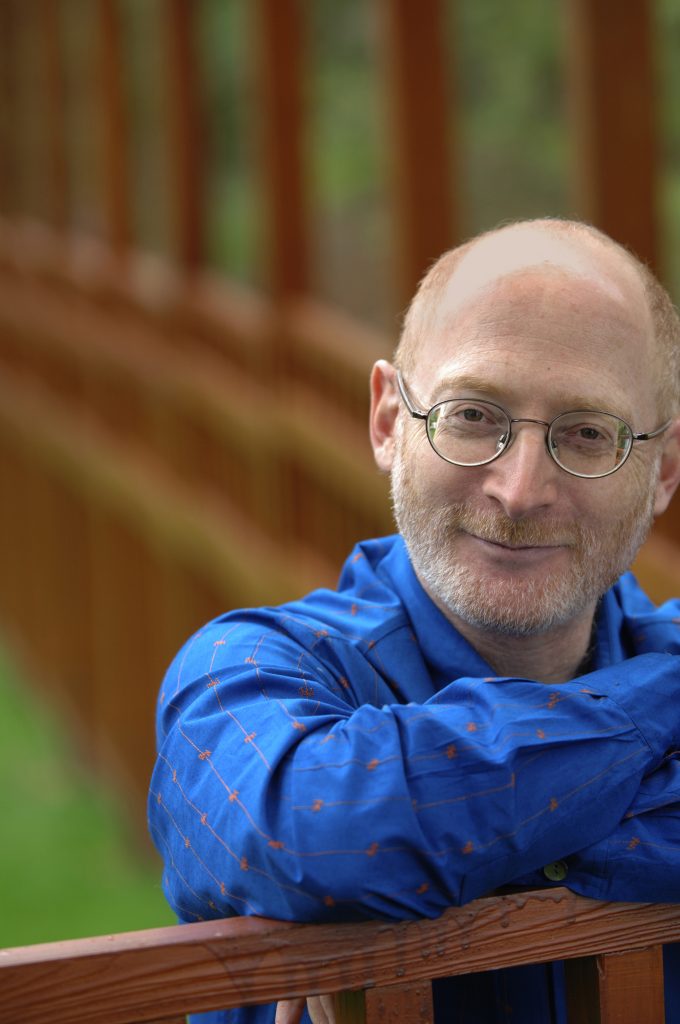
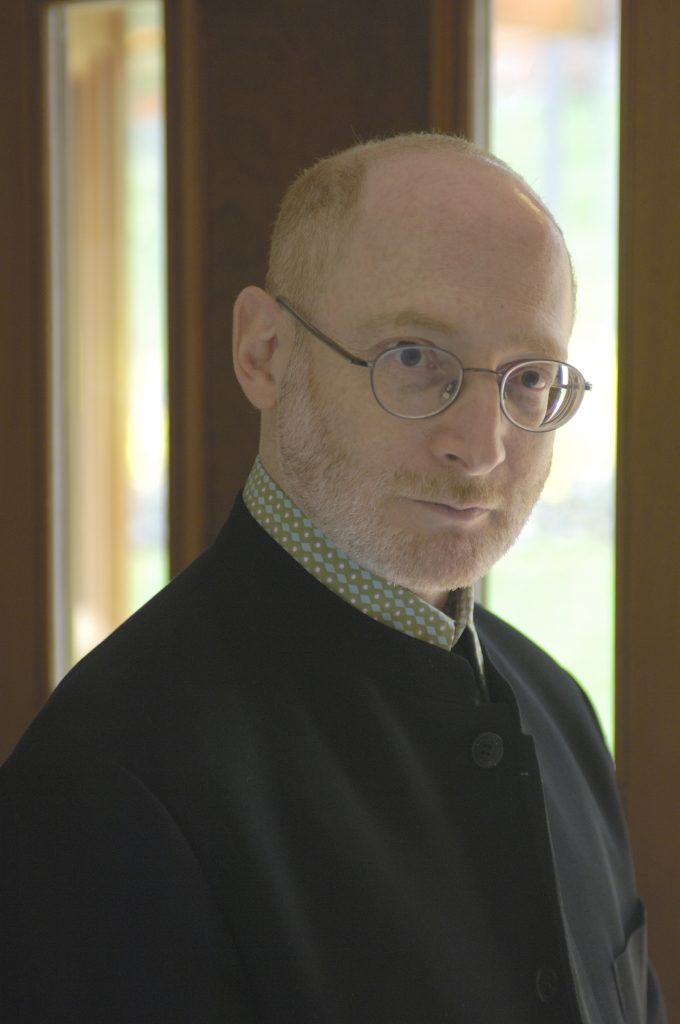
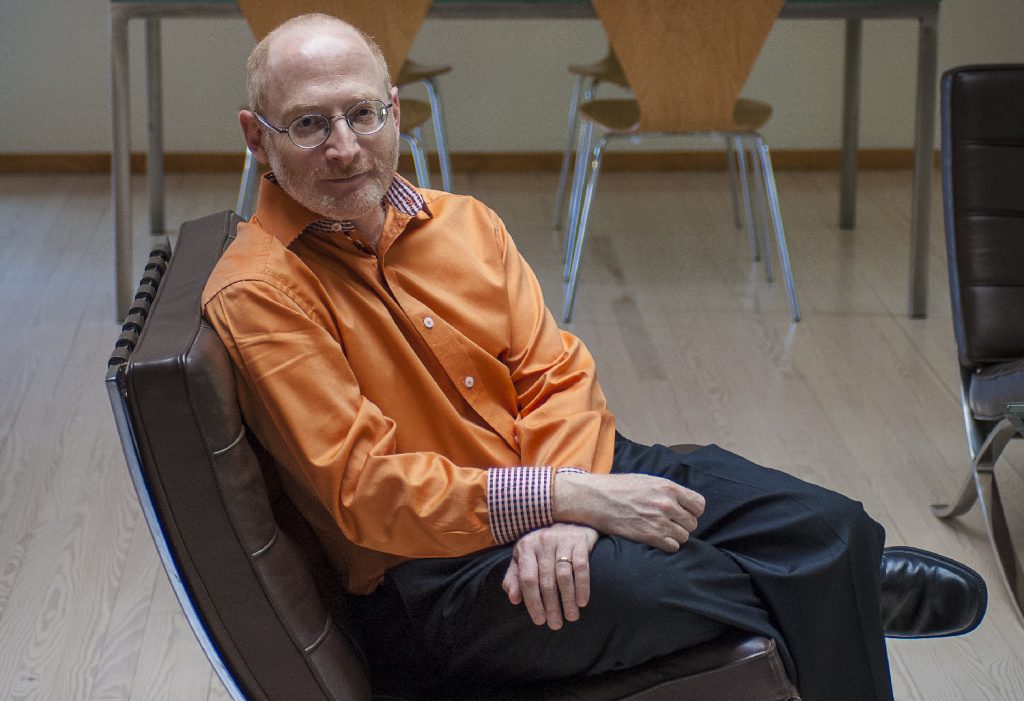
Photos by Richard Bowditch. Please contact us for hi-res versions for press, promotion, and concert use.
Media
Kernis: String Quartet No. 3 “River” – Jasper String Quartet
Recording of the west coast premiere of Aaron Jay Kernis' String Quartet No. 3 "River"performed by the Jasper String Quartet at Chamber Music Northwest in Portland OR on June 29, 2015.
Nucello performs Aaron Jay Kernis’ Ballad
Nucello, the Northwestern University Cello Ensemble, performs Aaron Jay Kernis' Ballad for cello solo and seven cellos.
Two Movements (with Bells) – I. Poco Sostenuto-Presto, by Aaron Jay Kernis
The first movement of Aaron Jay Kernis' Two Movements (with Bells) performed by violinist James Ehnes and pianist Andrew Armstrong at Le Poisson Rouge in NYC on January 18, 2010 for the composer's 50th Birthday.
Britton Riley performs Air by Aaron Jay Kernis
Cellist Britton Riley, accompanied by pianist Jeannie Chung, performs Aaron Jay Kernis' Air.
Discography
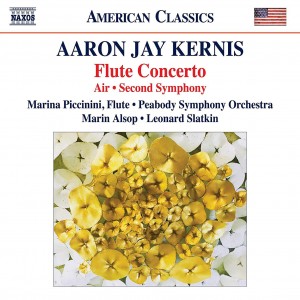
World Premiere recordings of Pulitzer and Grammy-Award winning composer Aaron Jay Kernis's Flute concerto and Air for Flute and Orchestra for Marina Piccinini and his Second Symphony.
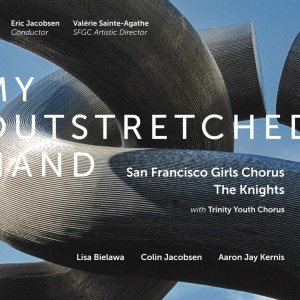
Kernis's Remembering the Sea - Souvenir de la Mer included featured on a disc by the San Francisco Girls Chorus with The Knights.
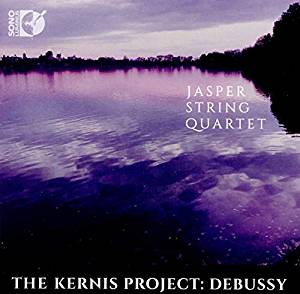
Kernis's Third Quartet (River), the culmination of a decade-long journey with Kernis's music for string quartet, paired with Debussy Quartet.
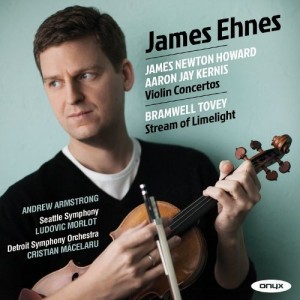
Written for violinist James Ehnes, Aaron Kernis’ Violin Concerto can now be heard in a premiere recording with Ehnes and the Seattle Symphony Orchestra conducted by Ludovic Morlot on a new album released on Onyx.
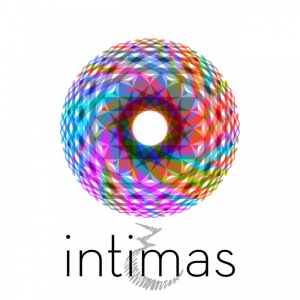
The Esoterics release a new disc of three choral works on the theme of community which includes Kernis' The wheel of time, the dance.
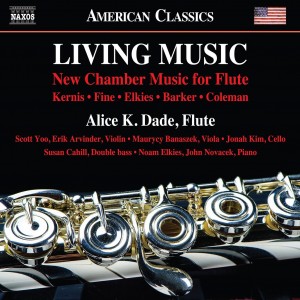
Flutist Alice K. Dade releases an album of flute music including the premiere recording of Kernis' Air (version for flute and string quartet).

